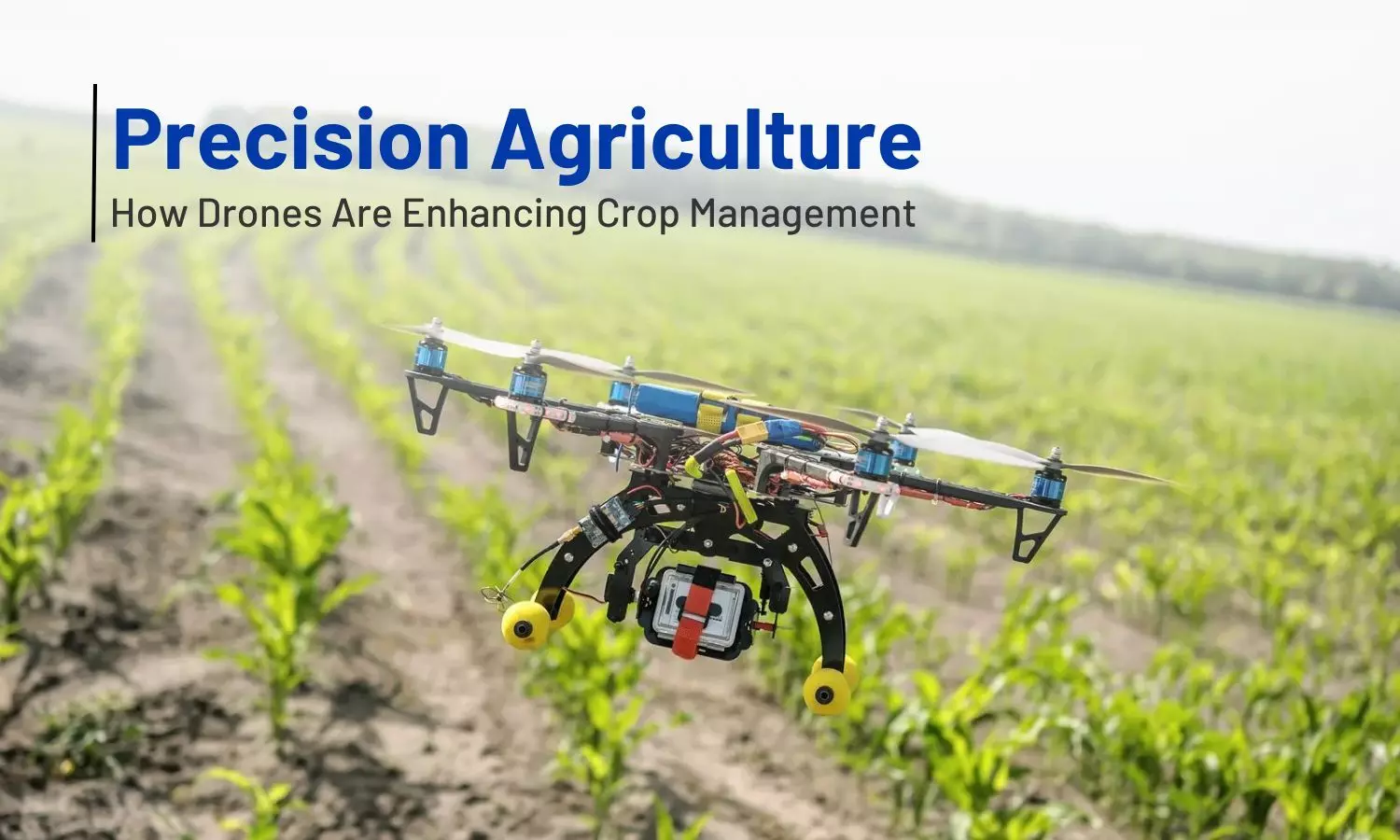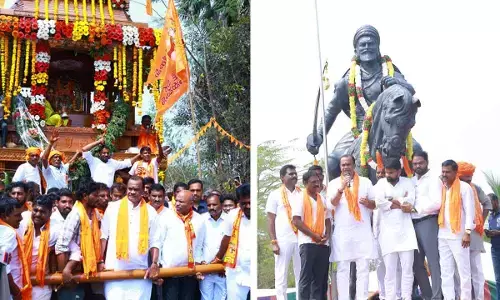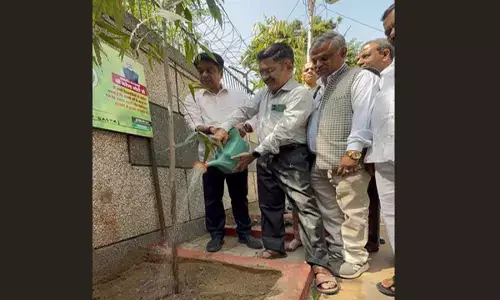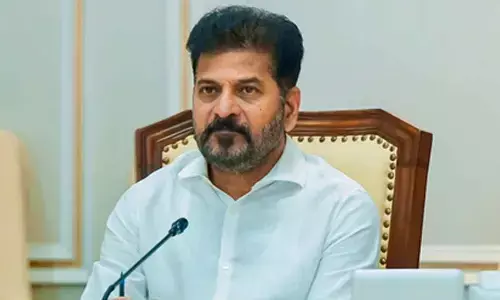11 Ways Agricultural Drones Are Revolutionising Crop Management

11 Ways Agricultural Drones Are Revolutionising Crop Management
Explore the revolutionary impact of agri-drones on crop management through ten innovative applications. From precision agriculture and pest detection to yield optimisation and data analytics, uncover how drone technology is transforming modern farming practices.
Precision agriculture is revolutionising farming methods by leveraging advanced agricultural technology, including drones, to enhance crop management. These drones utilise aerial imagery and remote sensing technologies for effective crop monitoring, enabling farmers to gather essential data analytics on soil conditions, pest detection, and crop health assessments.
By implementing variable rate application techniques, drones optimise yield by ensuring efficient allocation of resources. Additionally, smart farming practices driven by these technologies promote sustainable agriculture through targeted interventions based on real-time insights. When integrated into farm management systems, agricultural drones significantly improve farming efficiency, enabling proactive decision-making and increasing productivity within the agricultural sector.
From precision agriculture to data-driven decision-making, drones are revolutionising crop management in various impactful ways. Here are eleven ways in which agricultural drones are transforming crop management:
Precision Crop Monitoring
Agricultural drones equipped with high-resolution cameras and advanced sensors revolutionise crop monitoring by offering farmers unprecedented precision. Through aerial imagery and data collection, these drones deliver critical insights into plant health, nutrient status, and water stress. This early detection of issues enables farmers to take targeted actions, thereby optimising overall crop performance.
Soil Analysis and Mapping
Drones fitted with specialised sensors are capable of conducting comprehensive soil analysis and mapping. This technology provides farmers with essential data regarding soil composition, moisture content, and fertility levels. By creating precise soil maps, drones assist farmers in making informed decisions related to soil management, including fertilisation, irrigation, and drainage strategies.
Pest and Disease Detection
Early identification of pests and diseases is vital for effective crop protection. Agricultural drones equipped with thermal imaging cameras and multispectral sensors can detect subtle changes in crop temperature and reflectance, signalling potential pest infestations or diseases. Prompt identification of affected areas allows farmers to take timely corrective measures, reducing risks and minimising crop losses.
Crop Health Assessment
Monitoring the overall health and vigour of crops is crucial for maximising both yield and quality. Agricultural drones utilise multispectral imagery to provide valuable insights into crop health, revealing variations in chlorophyll content, biomass, and stress levels. Analysing this data enables farmers to assess their crops’ conditions and tailor their management practices accordingly.
Weed Infestation Management
Weed infestations pose a significant challenge to farmers, impacting crop yields and profitability. Agricultural drones utilising machine learning algorithms and artificial intelligence can accurately identify and classify weeds within fields. Equipped with this information, farmers can implement targeted weed management strategies, such as precision herbicide application or mechanical cultivation, thus reducing dependence on chemical inputs.
Crop Yield Estimation
Accurate crop yield estimation is essential for effective harvest planning and market strategy optimisation. Agricultural drones featuring advanced imaging technologies like LiDAR (Light Detection and Ranging) can create detailed 3D maps of crop fields, assessing biomass and yield potential. This remote yield quantification aids farmers in making informed decisions regarding harvest schedules and marketing strategies.
Irrigation Management
Optimising water usage is critical for sustainable agriculture, particularly in water-scarce regions. Drones with thermal cameras and soil moisture sensors can evaluate crop water stress levels and pinpoint areas needing irrigation. By delivering real-time data on soil moisture and crop water demand, drones empower farmers to implement precise irrigation strategies, thereby minimising water waste and maximising crop yields.
Crop Spraying Efficiency
Conventional crop spraying methods often result in uneven application and environmental harm. Agricultural drones with precision spraying systems can accurately apply pesticides, fertilisers, and other agrochemicals. By adjusting spray rates and patterns according to crop health and environmental conditions, drones ensure optimal coverage, reducing chemical usage and lessening environmental impact.
Environmental Monitoring
Beyond crop-related applications, agricultural drones are instrumental in environmental monitoring and conservation efforts. Equipped with cameras and sensors, these drones can analyse land use patterns, monitor wildlife habitats, and detect changes in vegetation cover. This information supports farmers and land managers in making informed decisions about land management and conservation initiatives.
Data-Driven Decision-Making
The transformative power of agricultural drones lies in their ability to facilitate data-driven decision-making within farming operations. By collecting, analysing, and interpreting extensive data sets, drones provide actionable insights that enhance efficiency, productivity, and sustainability. From monitoring crop health to optimising resource allocation, drones empower farmers to make informed decisions that optimise yields, mitigate risks, and maximise profitability.
Addressing Food Security
As the global population is expected to reach 9.7 billion by 2050, the demand for food will significantly rise. Precision agriculture, driven by drones, presents a viable solution to this pressing challenge. By improving crop health, minimising waste, and boosting yields, drones play a crucial role in the sustainable intensification of agriculture. This approach is essential for meeting the world’s increasing food demands without the need to expand agricultural land.
Technological Integration and Innovation: The future of drone technology in agriculture is filled with exciting possibilities. By integrating with other advanced technologies like IoT devices, blockchain for traceability, and artificial intelligence for predictive analytics, drones will significantly enhance their effectiveness in precision agriculture. Innovations like autonomous drones, capable of operating independently or in coordinated swarms without human oversight, are emerging on the horizon. These advancements promise to streamline agricultural operations, lower labour costs, and improve the scalability of precision farming methods.
Challenges Ahead: While the future appears promising, the widespread adoption of drones in agriculture faces several challenges. In addition to initial financial investments and regulatory obstacles, technical issues persist, including the need for longer battery life, improved data processing capabilities, and advanced sensors to gather a broader range of data. Moreover, enhancing digital literacy and providing technical training for farmers is essential to fully leverage the advantages of drone technology.
Conclusion
The integration of agricultural drones is transforming crop management practices and redefining the future of farming. These innovative tools offer farmers unparalleled capabilities in precision agriculture, driving enhancements in productivity, sustainability, and profitability throughout the agricultural sector. As technology continues to advance, the potential for drones to further revolutionise crop management and tackle the challenges of feeding a rapidly growing global population is substantial.








